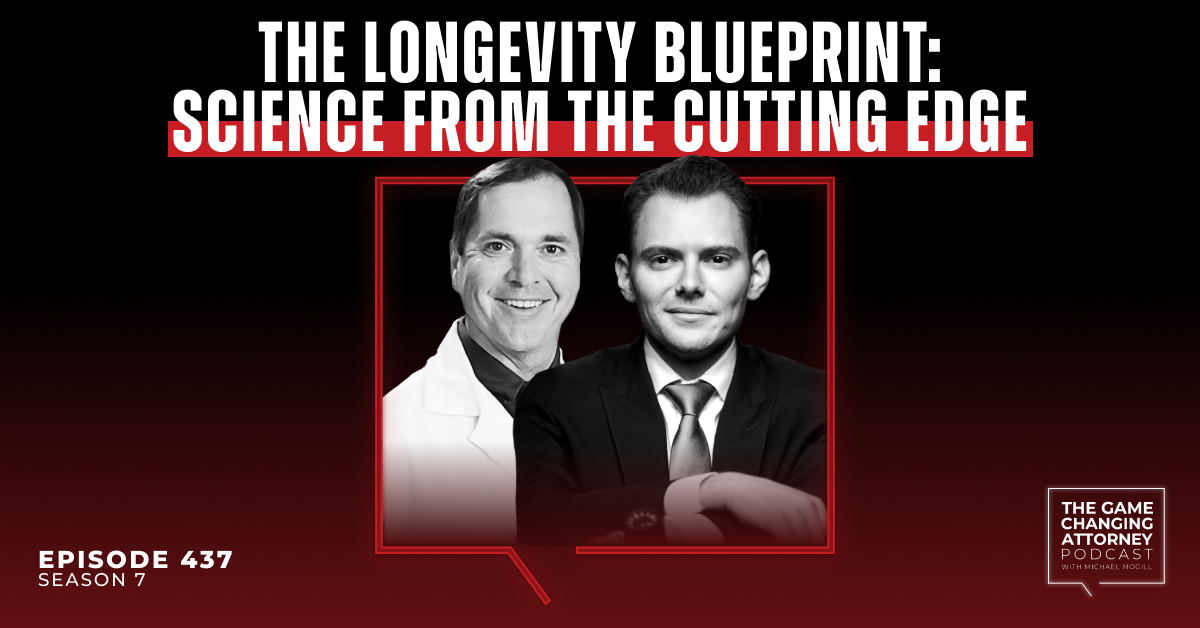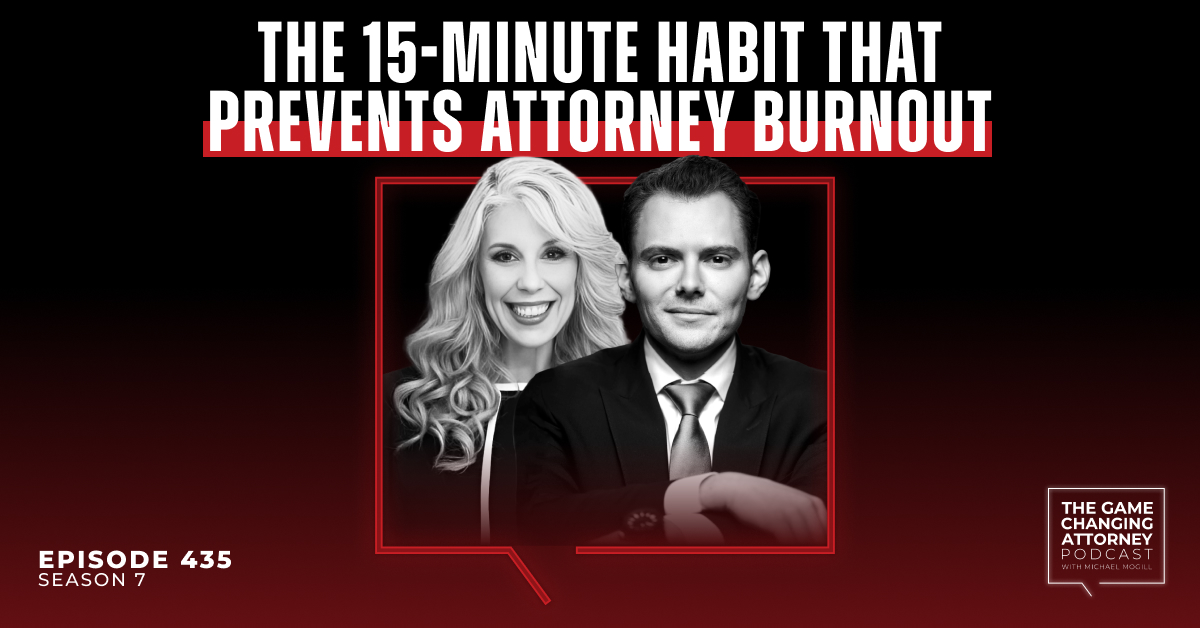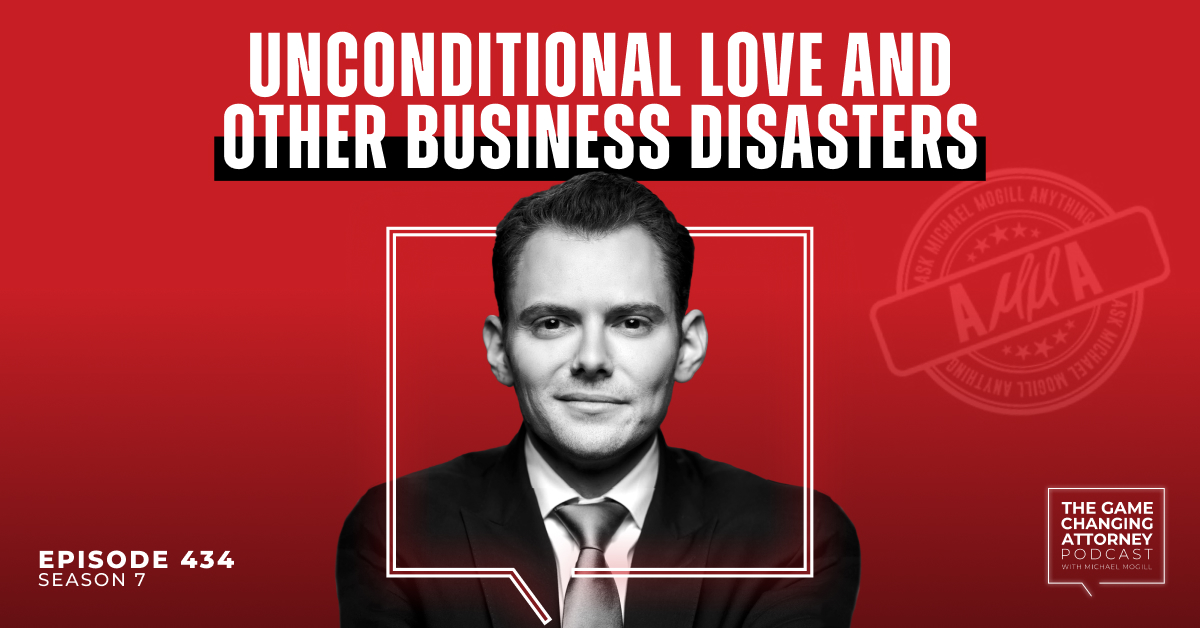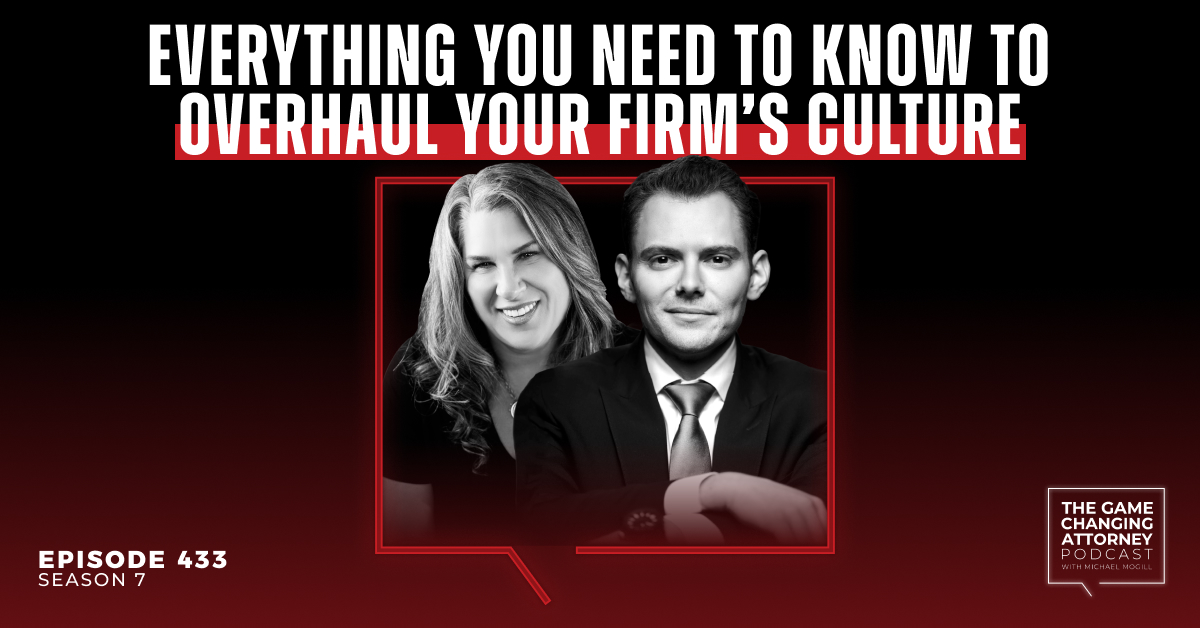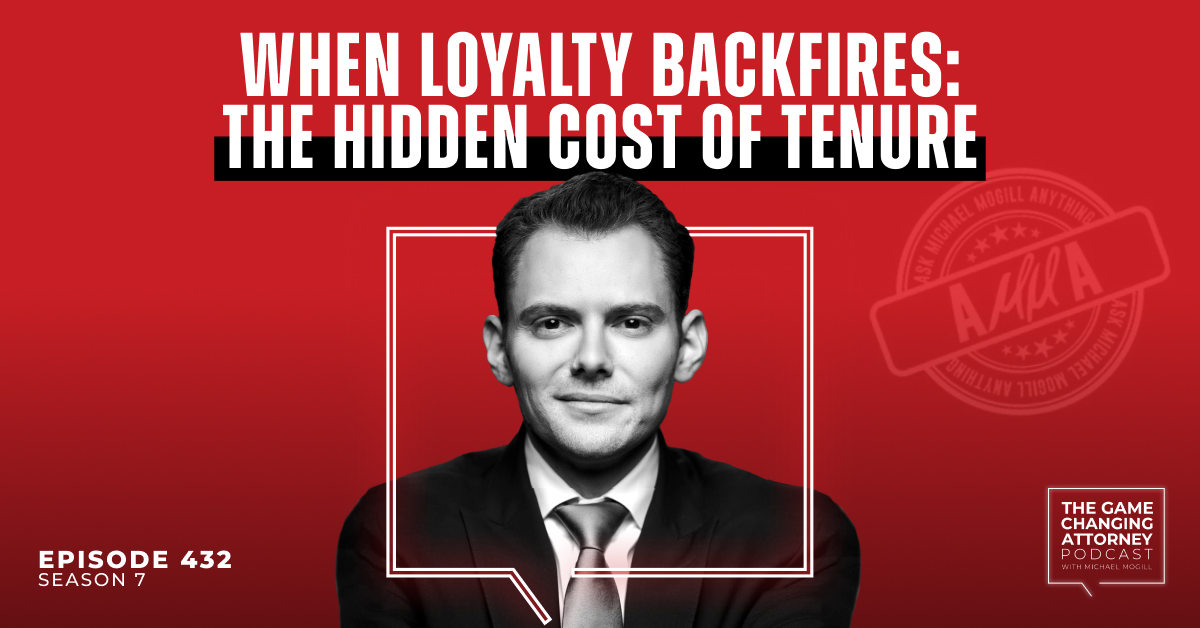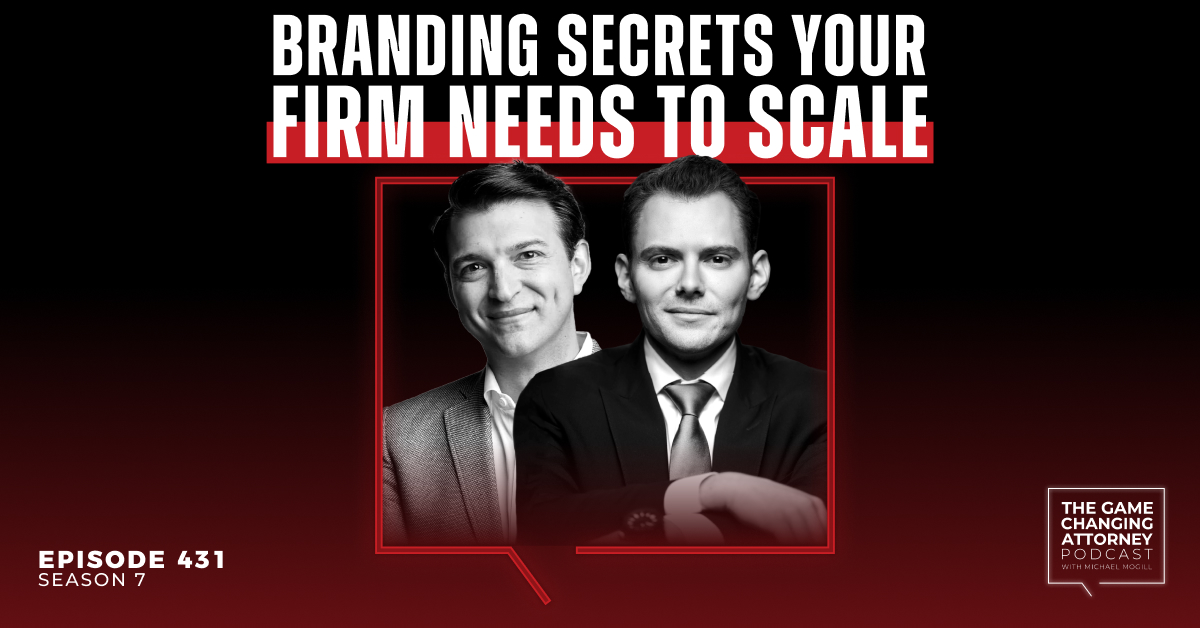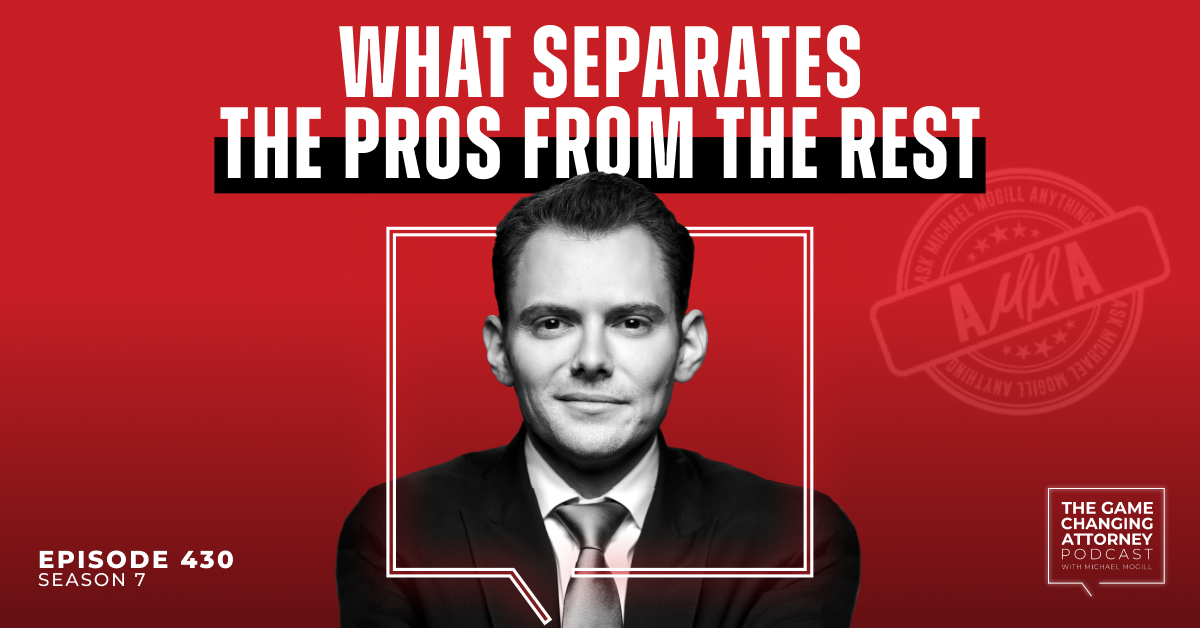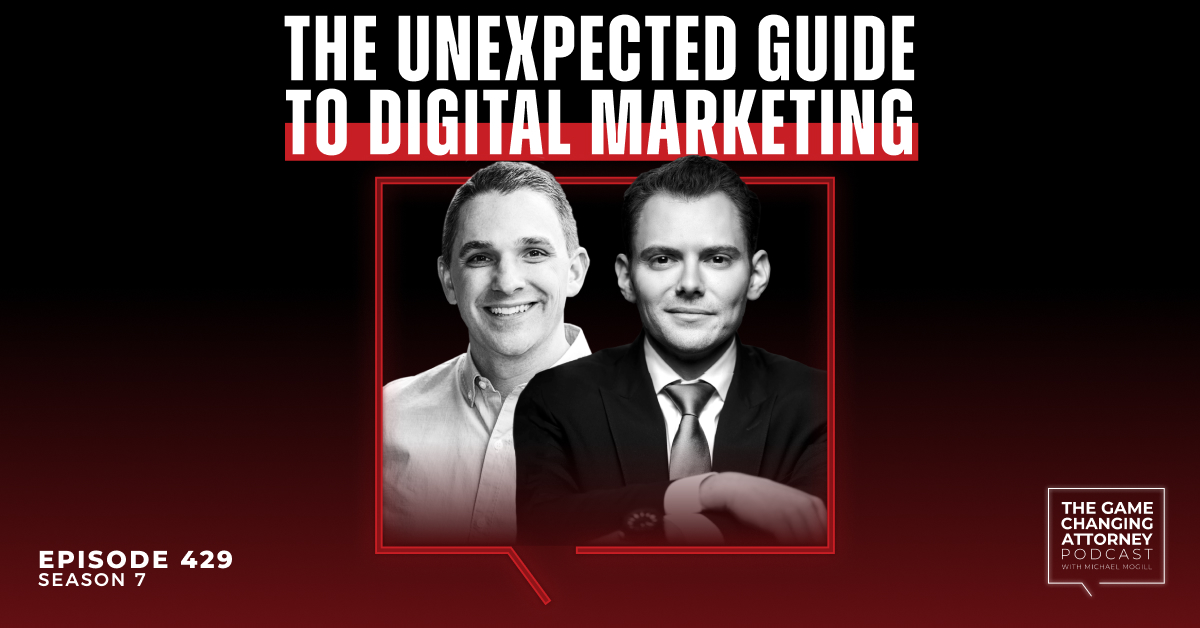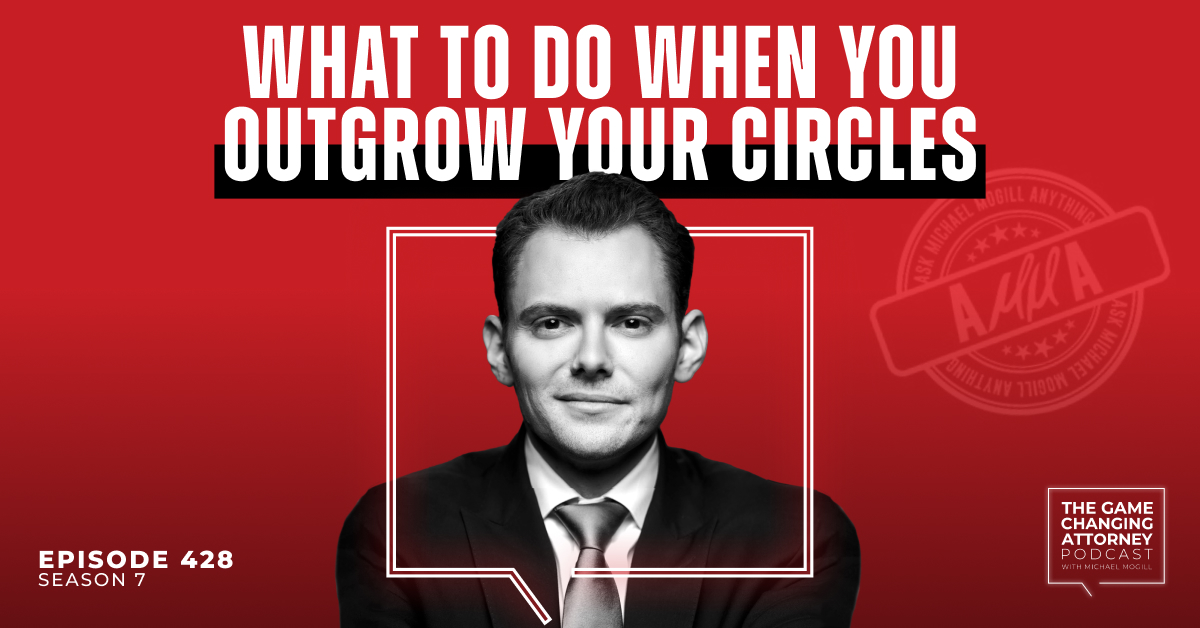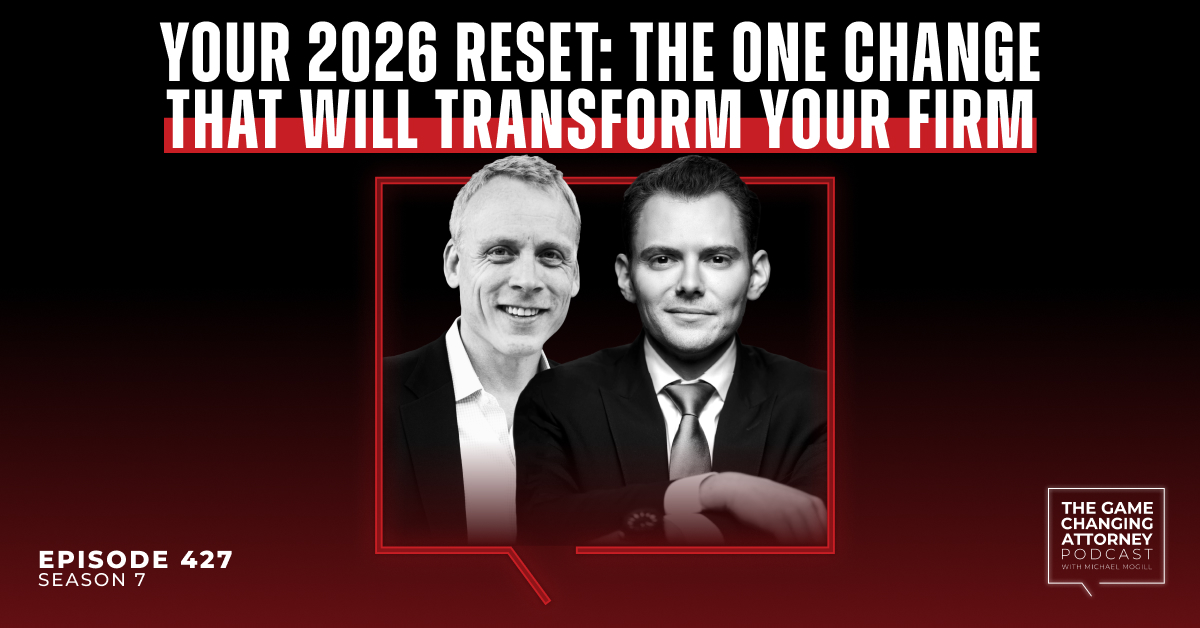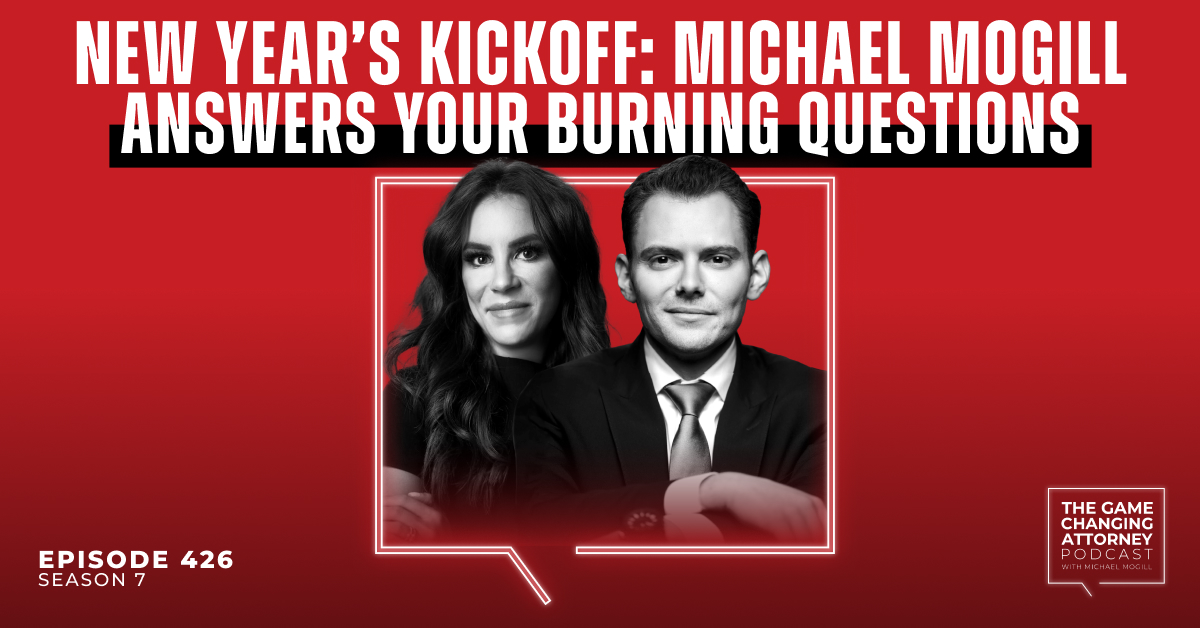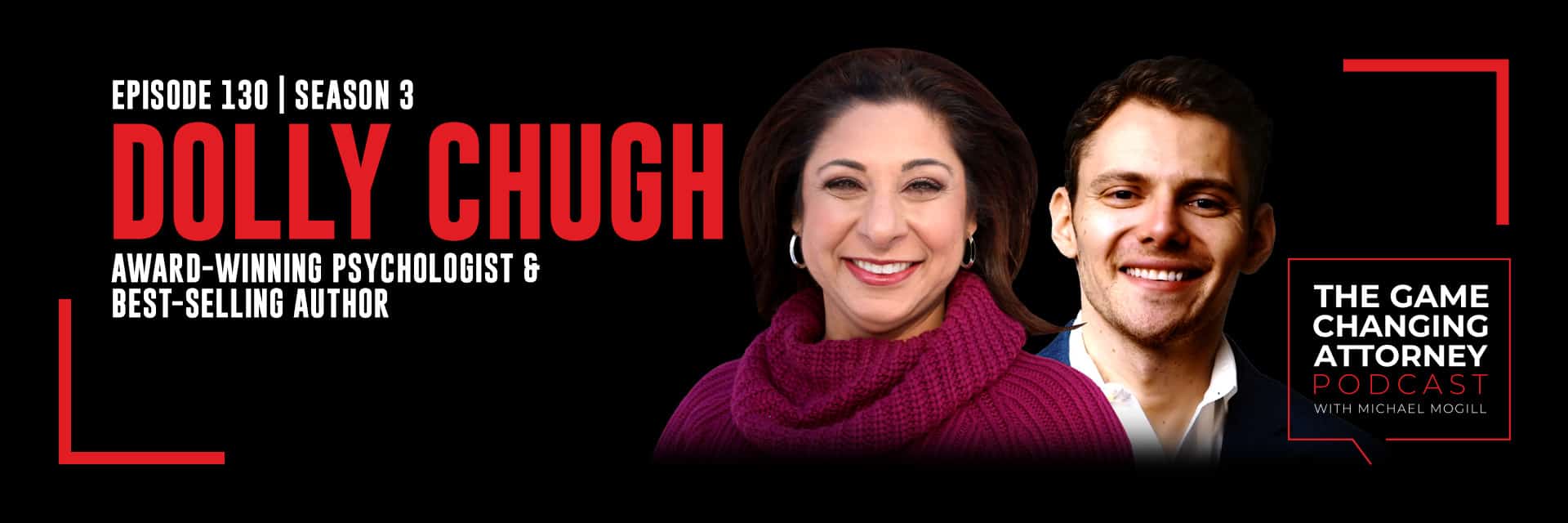
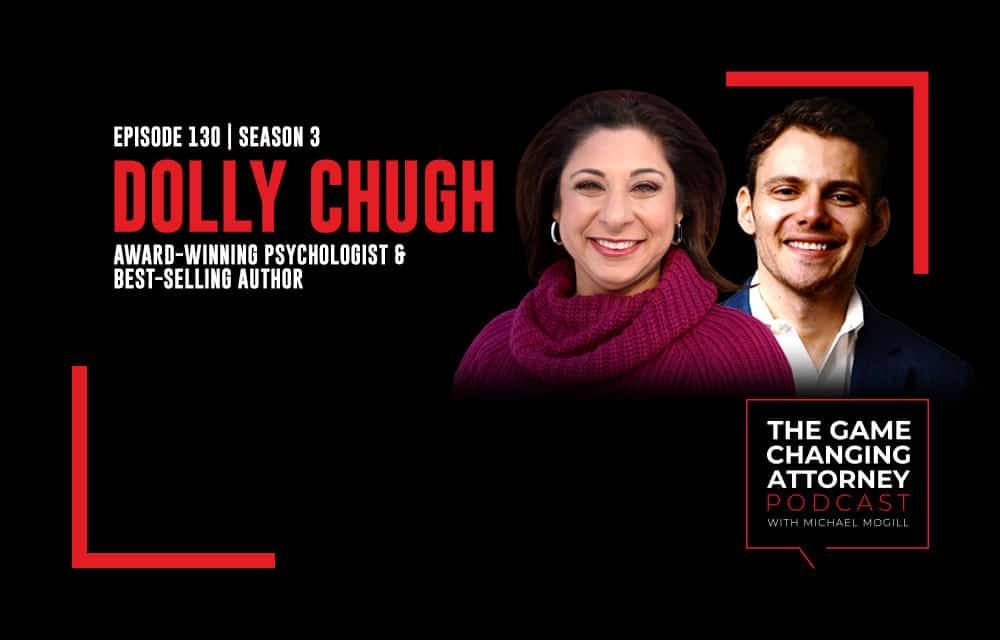
Episode 130 — Dr. Dolly Chugh — A More Just Future: Psychological Tools for Reckoning With Our Past and Driving Social Change
Why are human beings determined to be good people? Why are we interested in being ethically and morally right? And more importantly, why are we so prone to going off track? If we are so righteous, why is there so much hate and bias in the world?
Dr. Dolly Chugh, Social Psychologist and Management Professor at the New York University Stern School of Business, has dedicated her life to answering these existential questions. Her research focuses on “bounded ethicality,” which she describes as the “psychology of good people.”
On this episode of The Game Changing Attorney Podcast, Dolly and Michael dive into:
- How to let go of being a good person, and how to become a better person
- How to fight race and gender bias
- How to become the person we mean to be
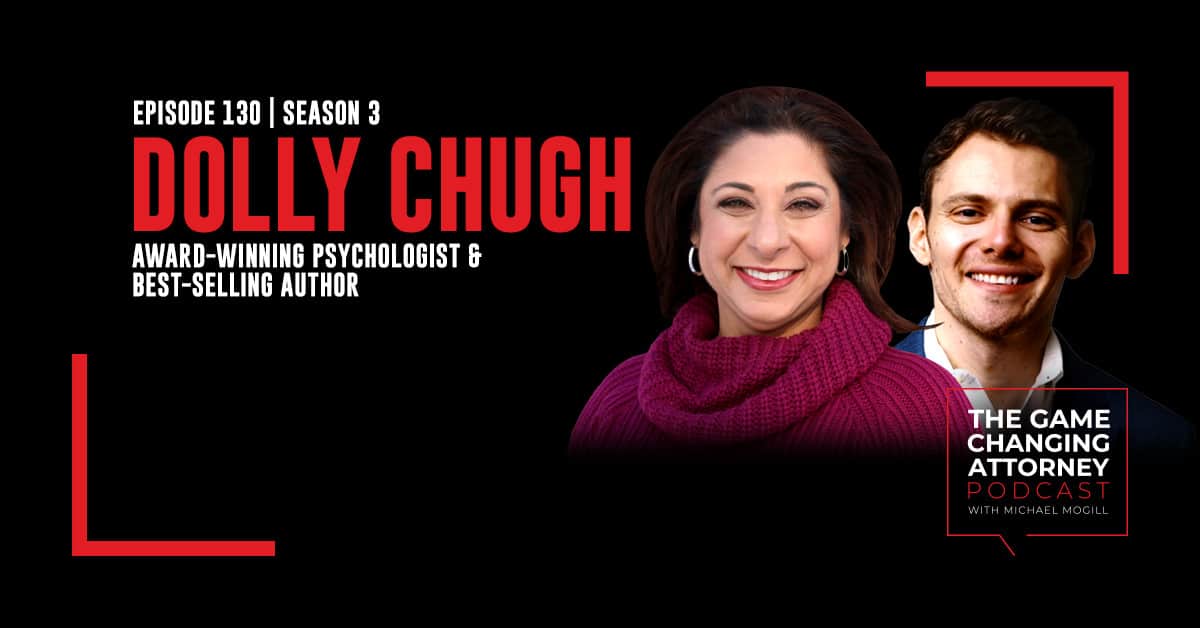
Listen & Subscribe
Show Notes:
Bounded ethicality. “Bounded ethicality is the psychology of good people. Most of us, according to data, are interested in feeling like a good person and being seen as a good person by others. What it means to be a good person varies widely, but this desire to be affiliated with that identity is held by many people. At the same time, even though that is an identity we care about, there’s lots of evidence that we don’t always live up to that aspiration we have of ourselves, partially because so much of our minds’ work happens on autopilot. There are decades and decades of research and at least three Nobel Prizes that have pointed out the degree to which our brain works in unconscious mode, and that’s what allows us to be complicated human beings.”
Home team bias. “We have a home team bias, or the idea that there are two groups of fans of two different teams watching the same game and coming to very different conclusions on what happened during the game. That same psychology is how we interact with other social identities we hold, including our identity as white Americans/Black Americans, which basically means that the group that we belong to is going to shape how we perceive the events that happen around us.”
Everything is a work in progress. “America was founded on the idea of liberty, justice, and equality, but that’s a very aspirational identity. We haven’t always enacted that identity, and if we’re going to view it as either we are that or we’re not, we’re not going to be able to see past it. The patriot’s dilemma speaks to that brittleness. It’s so powerful when we view ourselves as a work in progress with a growth mindset. I believe that’s what can get us out of that patriot’s dilemma. I can love this country and at the same time view it as a work in progress, as opposed to loving this country so much and failing to see its flaws.”
Understanding your emotions. “Shame is a negative emotion about me as a human being. Guilt is a negative emotion about something I did or an action I took. The way we often talk about these is that guilt is more useful than shame. What do we do when we feel shameful? We shut down and figure, ‘What else is there for us to do?’ But if we feel guilty about the way we did something, we can use that to work on ourselves and do that thing better the next time around.”
It’s okay to unlearn what you know. “Unlearning is hard. We certainly don’t want to burden our children with deep cynicism because there’s no value in that. The challenge with me not knowing a fuller story growing up is that the narrative of a model minority — the narrative of America embracing anyone who works hard — is challenged by reality and the fact that that’s not always the case for everybody. It leads me to not understand the world I live in today. When I look around and see mass disparities in education, wealth, homes, and so much more, I don’t have a way to understand that because of the narrative I grew up with.”
The reason we like apologies. “People who have done research on apologies have found that the reason apologies matter to us is less about the past, but it’s because we want to reset. It signals the reset that something’s going to be different in the future. A sincere apology that’s felt and accepted signals that reset.”
What does being a game changer mean to you? “I think being a game changer means you’re growing. It means being better today than you were yesterday.”
RESOURCES & REFERENCES
Psychology Today
Nobel Prize
Juneteenth
The Tulsa Massacre
Internment of Japanese Americans in WWII
Little House on the Prairie
Jay Van Bavel
New York Mets
Instagram
Angela Duckworth
Washington Redskins (Commanders)
Anne Frank
Martin Luther King, Jr.
Barbara Walters
The Holocaust
Civil Rights Movement
Bob Marley
The Marley Hypothesis
“Buffalo Soldier”
The Game Changing Attorney Podcast
Isabel Wilkerson
Cast by Isabel Wilkerson
George Takei
Star Trek
Franklin Delano Roosevelt
The Hero’s Journey
Connect with Michael
- Text directly at 404-531-7691
